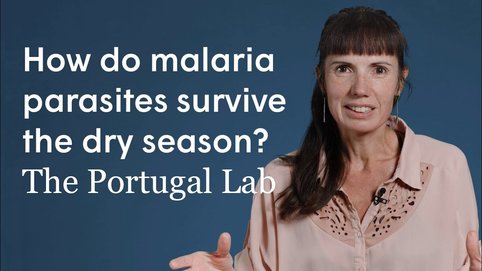
Malaria Parasite Biology
Dependent on mosquitoes for transmission, malaria parasites face a challenge every year during the dry season, in the regions where rain seasonality limits vector availability for several months. While clinically evident malaria cases are largely restricted to the rainy season, subclinical Plasmodium falciparum infections can persist through the dry season and are an important reservoir for resumed transmission in the ensuing rainy season. We want to understand the complex interactions between P. falciparum and its host in a seasonally-changing environment, and determine which variants of surface antigenic gene families promote persistence, how parasite gene expression and its regulation help maintain subclinical infections during the dry, and how cues and parasite-encoded sensing mechanisms might induce seasonal low virulence. To address these questions, we use longitudinal samples collected in Mali through a strong collaboration with NIAID (National Institute of Allergy and Infectious Diseases) at NIH and Mali ICER (International Center for Excellence in Research) in Bamako.
